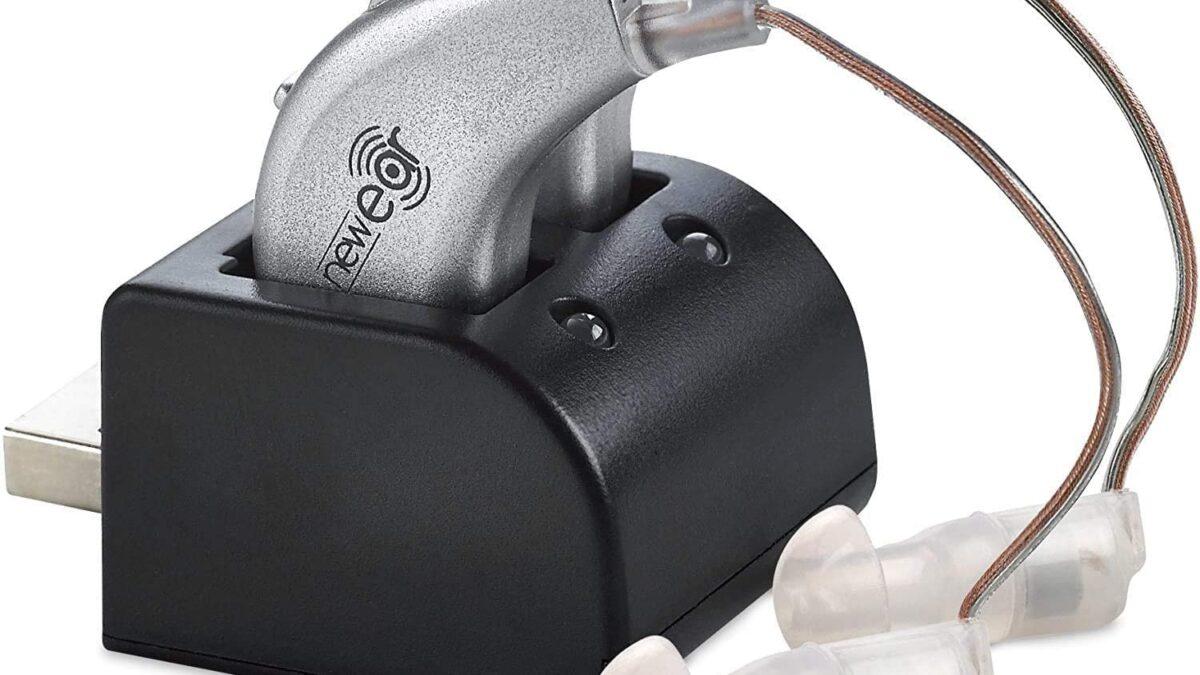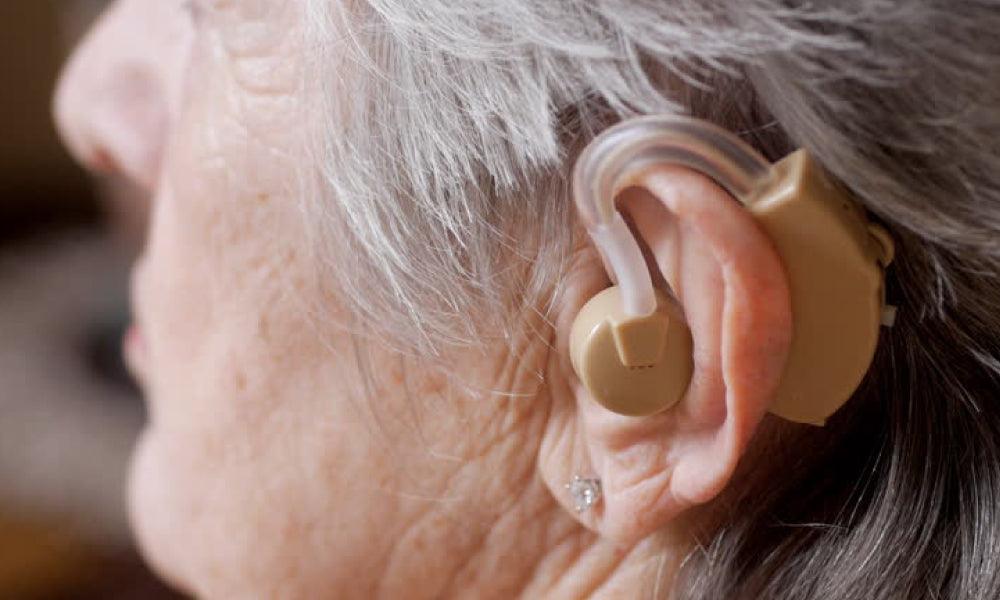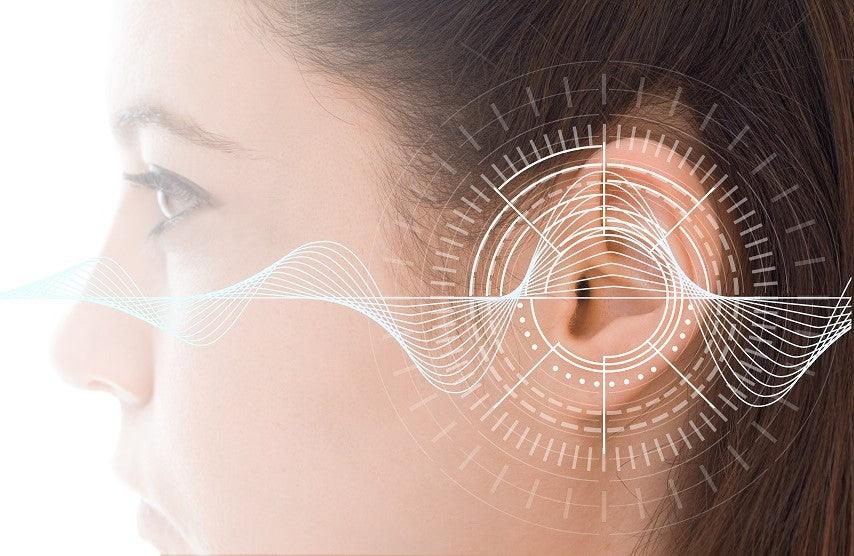Hearing aids are complex and very delicate small electronic devices. It is essential to keep them safe from external aggressions such as heat, water, humidity, changes in temperature, or shock. In addition, it is advisable to always keep them clean, especially at certain times of the year.
Follow these steps to keep your hearing aids in good working order and to extend their useful life.
Watch out for the heat
Because hearing aids are electronic equipment, one of the most basic pieces of advice is to avoid exposing them to heat. When exposed to a heat source, some wholesale hearing aids components may suffer or distort.

Avoid leaving them near heaters or other heat-generating devices, such as an oven. Don’t forget about hearing aids in a car, either, especially if it’s parked in the sun.
Avoid humidity
The shower or bathroom is not a good place for a hearing aid; the humidity in these environments can cause problems in wholesale hearing aids. Using an anti-humidity kit helps avoid these issues while extending the hearing aid’s life.
Keep away from water.
The majority of today’s hearing aids are waterproof, and sweat or regular cleaning poses no threat to their proper operation. However, the hearing aid should not be immersed in or exposed to excessive amounts of water, so avoid taking a shower or engaging in water sports while wearing the hearing aid.
Frequent cleaning
Certain parts of the hearing aid require daily cleaning. Do not use water, detergents, solvents, or alcohol, all of which could damage the hearing aids. Instead, use a specific spray to clean the hearing aid’s surface, the earmold, and the custom capsule. It is sprayed on a piece of dry chamois, and after applying it to the indicated parts, it is left to act for a few minutes. Then it is removed with the rest of the dry chamois.
To prevent excessive wax build-up from preventing proper sound output from the hearing aids, it is a good idea to clean the exit holes with an anti-wax wire.

Battery care
The Zinc-Air batteries used in hearing aids are activated when they come into contact with air, so you must not remove the seal from the battery until you are going to insert it into the hearing aid. After doing so, it is advisable to wait a minute for the air to come into contact with the Zinc and activate the proper battery functioning.
Hearing aid batteries should be stored at room temperature, as heat shortens battery life. It is recommended not to carry them in your bag or pocket as they can come into contact with metal objects that shorten the battery’s life.
Conclusion: The best way to transport hearing aid batteries is to use a battery holder. When the hearing aid is not in use, it is a good idea to leave the battery compartment open so that air can circulate. Batteries must be kept dry and out of the reach of children.
There are solutions if you aren’t getting the optimal results from wearing your hearing aid. Make an appointment to visit us.






Share:
Tips and healthy habits for your ears
Everything You Should Consider Before Purchasing a Hearing Aid